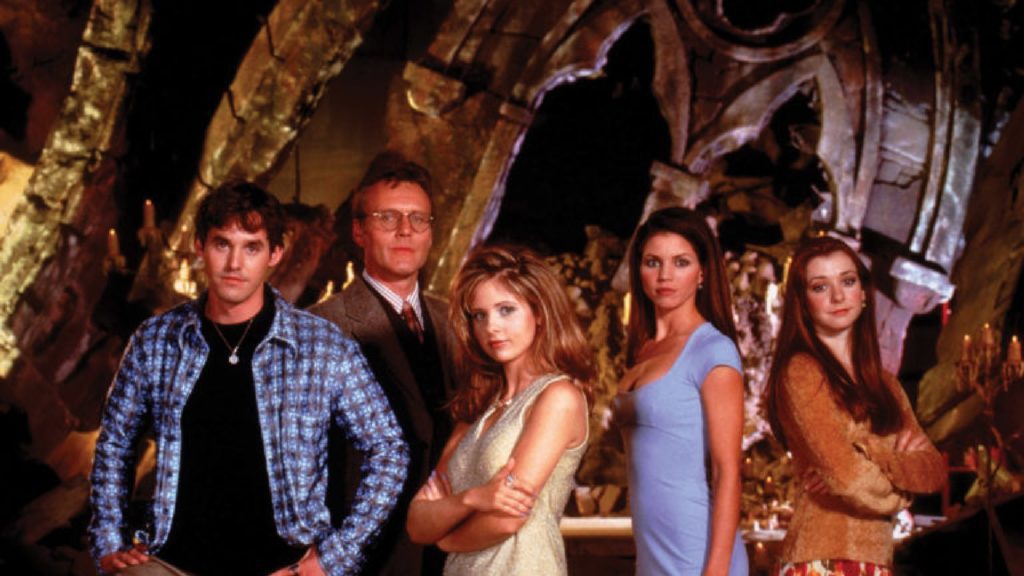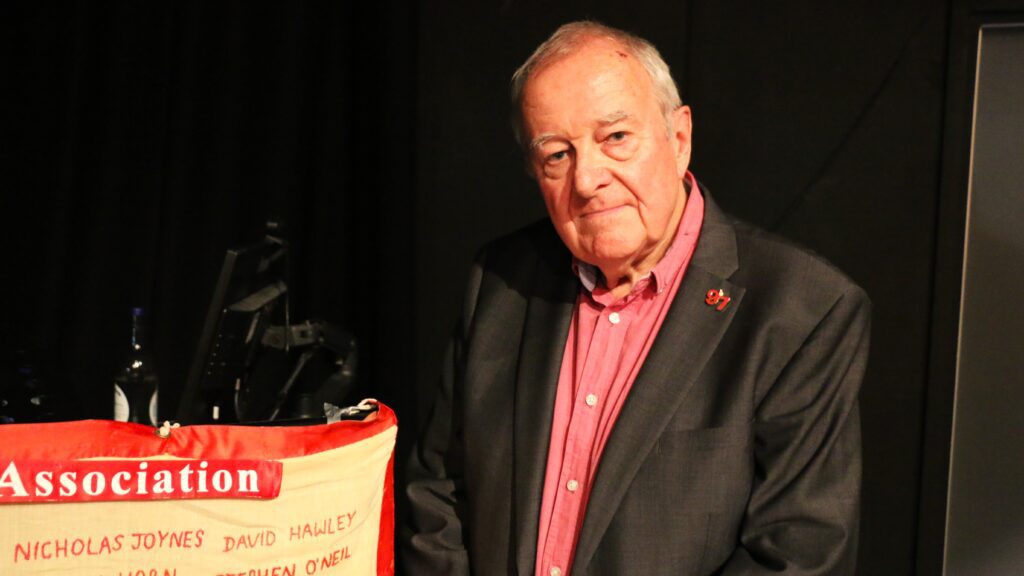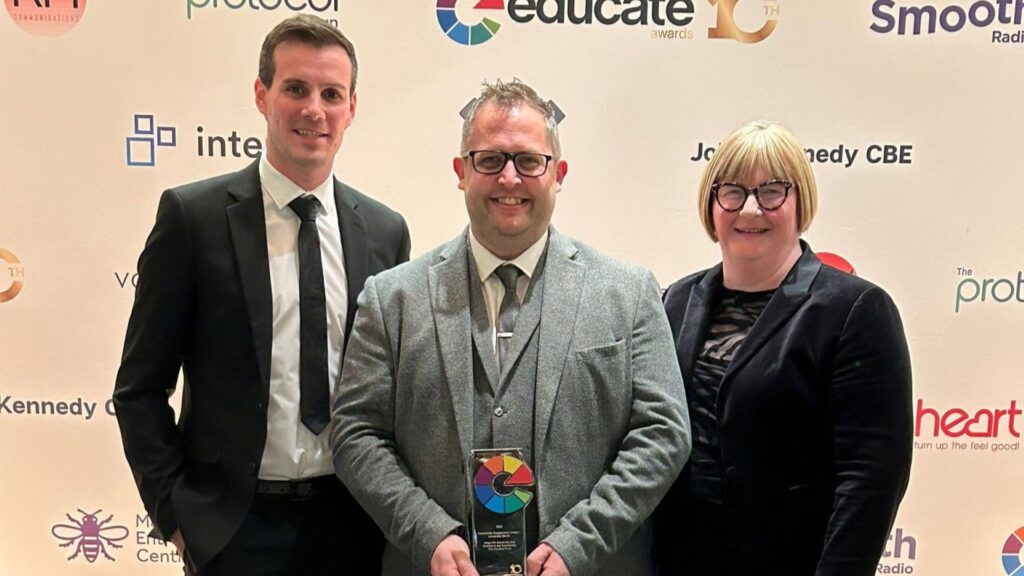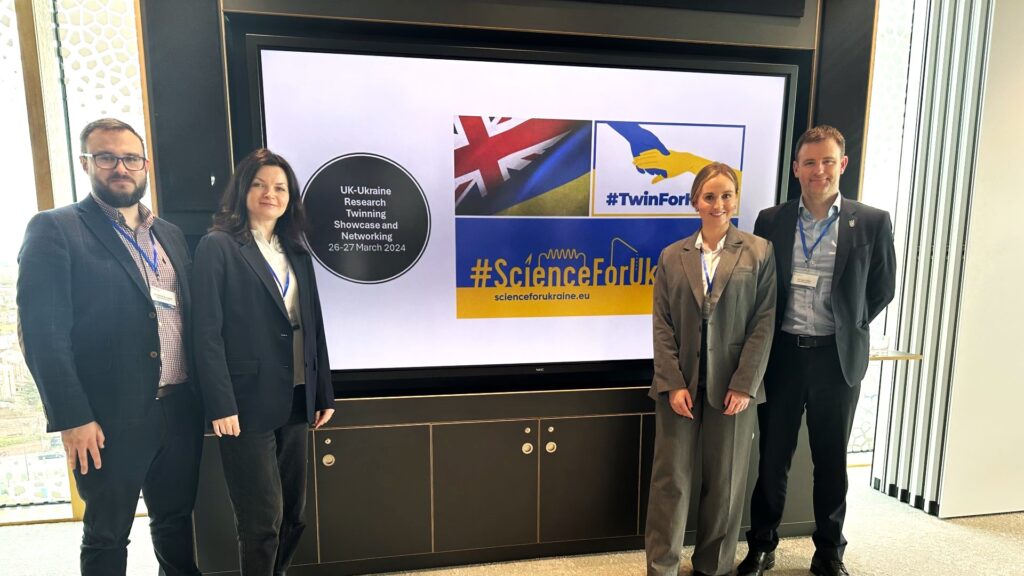
Synonyms for fanatic include extremist, activist, militant, addict. Some or all of these may apply to Professor Matthew Pateman, but when he tuned into his first episode of Buffy the Vampire Slayer in 1997, as an honest fan of sci-fi and fantasy fiction, it really got under his skin. Almost a quarter of a century later, he’s still talking about Buffy.
You wrote a book on Buffy the Vampire Slayer: why do you think it was worthy of academic analysis?

All cultural products are worthy of academic analysis. Some might lend themselves to certain forms of engagement more than others, but interrogating culture means interrogating all culture, not merely the thin sliver of literature, opera, ballet, ‘serious’ film and ‘elite’ TV that some might wish. Culture lives, breathes, mutates, develops: video games and YouTubers, influencers and It’s A Sin, Helena Paish and Baloji, Bolanle Austen-Peters and Michael Bay – they exist in different spheres, produce wildly different work (and I like some much more than others) but all should be studied and researched seriously.
There persists a fatuous hierarchy of tastes that simply re-inscribes established modes of production, distribution and value judgements. Indeed, in the 20 or so years since serious study of Buffy began, the very tools of analysis and critique used on the show have themselves come under scrutiny for their seeming biases, especially when it comes to discussions in light of #MeToo and Black Lives Matter.
Image source – Buffy The Vampire Slayer © Fox
Why did Buffy stand out from the crowd?
More than anything – the storytelling: great episodes that existed within complex season arcs, that served the overall series arc. And then Angel came along and deepened and extended the mythos even further. Just lush, complex, funny, moving stories with fabulous writing, killer lines, great performances, and (again not usual at the time) really interesting production and direction. At the time, it was (almost) the only show that merged genres, allowed huge tonal variation and, crucially, trusted its audience to be invested in ongoing, emotionally and narratively complex stories where characters developed, changed, learned, and made mistakes.
I was asked years ago who my favourite character in the Buffy-Angel-verse is: I said then Wesley Wyndham Price for the sheer horror-show of a journey his character went on. I’ll say the same today. But tomorrow might be a different story. Favourite villain? Probably Mayor Richard Wilkins III – such weird homey charm.
Can you still watch programmes without your critical glasses?
I think critics and scholars simply ask questions about what they see (or don’t see) and how they came to be able to see it at all. That initial inquisitiveness leads to a range of engagements that, to my mind, enrich the act of watching / listening / reading / looking at a personal level and also (more importantly) add to the general sum of knowledge.
How do you write a book?
I’ve written three books. The first was a version of my PhD and is part of an academic trajectory that I no longer really follow. The last two have been very different from each other in terms of process and speed. The Buffy book was written over maybe 12 months and was fitted in around a heavy teaching schedule. I’m sure at the time I’d have disagreed but looking back, it was a joy to write. The Joss Whedon book took over a decade and was interrupted by all sorts of personal and professional tumult: I gave up on it twice for long periods. When I came back there were new Whedon outputs, loads of new scholarship to catch up on. Agreeing the final proofs was an absolute relief
What were the highlights of writing your book?
I had the opportunity to meet and have a sustained professional discussion with Jane Espenson, one of the writers on many Whedon shows. Also, and perhaps weirdly, researching the Writers Guild of America strike from 2007-08 was absolutely fascinating and really helped propel my interest in the business of the business.
What would you say to one of your students looking for a research subject?
You should research what you’re passionate about. You will spend lots of time (often alone, in libraries, archives, scrawling websites) and you need to know that after a whole day of not finding what you were looking for you will still care enough to want to start again tomorrow. That said, you need to be open to being taken in directions you never imagined. So you might begin with a passion for particular manga, decide to study the artist, but then be absorbed by a particular panel that references a cultural product you had no awareness of, and then realise that it is that you want to pursue. I’d strongly urge you to research passionately. Not instrumentally.
Creative Arts offers expertise in everything from horror movies to drag; contemporary dance to football fandoms; blog production to Eurovision; musical theatre to cartoons; and if your passion is elsewhere, we can offer avant-garde documentary; experimental film making; abstract animation.
May 9, 2022


